Collaboration between industry bodies is vital to facilitate the adoption of self-driving cars within the next decade, according to government-funded industry body Zenzic, which has recently updated its 2030 roadmap for accelerating the uptake of autonomous vehicles.
Zenzic’s UK Connected and Automated Mobility Roadmap to 2030 manifesto was first published in 2019 but has been updated to highlight the latest challenges faced by the industry and the areas in which the UK is performing particularly strongly.
It has been developed using insights from 117 so-called Connected and Autonomous Mobility (CAM) Creators, who have shaped and informed the creation of a comprehensive development schedule across a range of categories, from vehicle approvals to infrastructure testing.
Zenzic CEO Daniel Ruiz emphasised the need for a renewed industry-wide push towards an autonomous future. “In the UK, we’ve made phenomenal progress over the past few years – this past year in particular – but we absolutely have to keep going,” he said. “If we don’t, we’ll lose our position of leadership in this area. The Roadmap gives us a direction – we need to continue to invest our time and effort, and collaborate as we have done to make that money and investment go further.”
CAM Creator Arrival, a London-based start-up best known for its futuristically styled commercial EVs, is playing a key part in the roll-out of trials for autonomous personal mobility solutions.
The public appearance of sister company Roborace’s self-driving race car at the 2018 Goodwood Festival of Speed was a landmark moment for the sector. It gave an early indication of how critical start-ups will be in the UK’s journey to a self-driving future.
Imogen Pierce, Arrival’s head of strategy, previously served in the engineering, design and communications departments of Jaguar Land Rover, which puts her in the unique position of being able to compare the pair’s differing approaches to self-driving technology. “Jaguar Land Rover is a very traditional but amazing organisation that has to leverage some of the more nimble, agile start-up companies,” she explained.
JLR’s own flagship autonomous concept, Project Vector, was developed in secret at Warwick University’s National Automotive Innovation Centre, which afforded the programme some of the flexibility and collaborative potential of a start-up. Where large-scale manufacturers have the capital to nurture such schemes and can integrate them into overarching ‘clean future’ strategies such as JLR’s own Road to Zero, a start-up can operate with a more clearly defined sole focus and is more likely to benefit from collaboration with other similarly sized companies.
“We are competitors, but actually the automotive world is quite small,” said Pierce. “The success of any CAM solution is dependent on the success of all of the players.” Zenzic’s new Roadmap clearly lays out opportunities for observation and collaboration between each of the 117 CAM Creators. In 2022, for example, Beam Connectivity’s telematics sensors will be sending crucial usage data from autonomous vehicles to a cloud-hosted back end, while self-driving shuttle manufacturer Aurrigo works to refine the logistical efficiency of its own fleet.
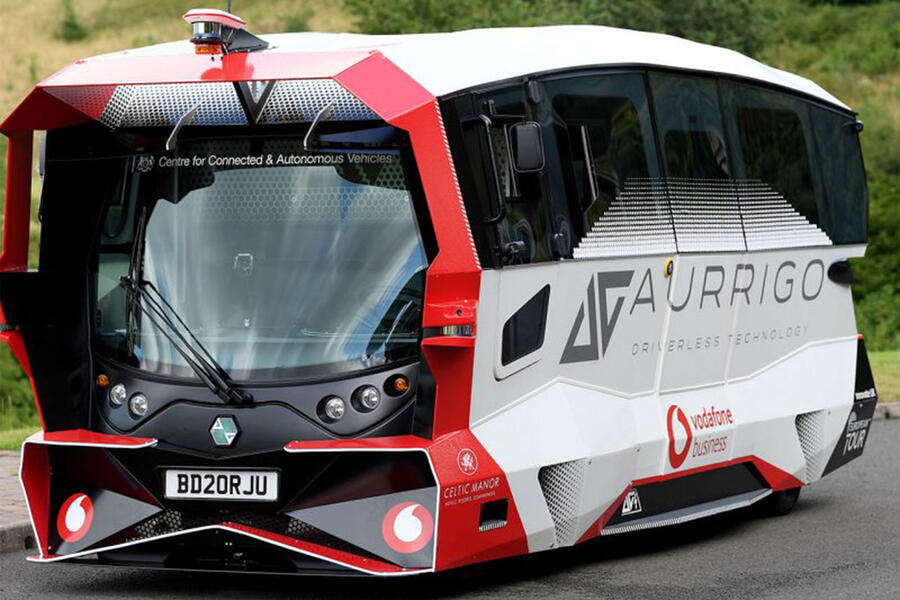

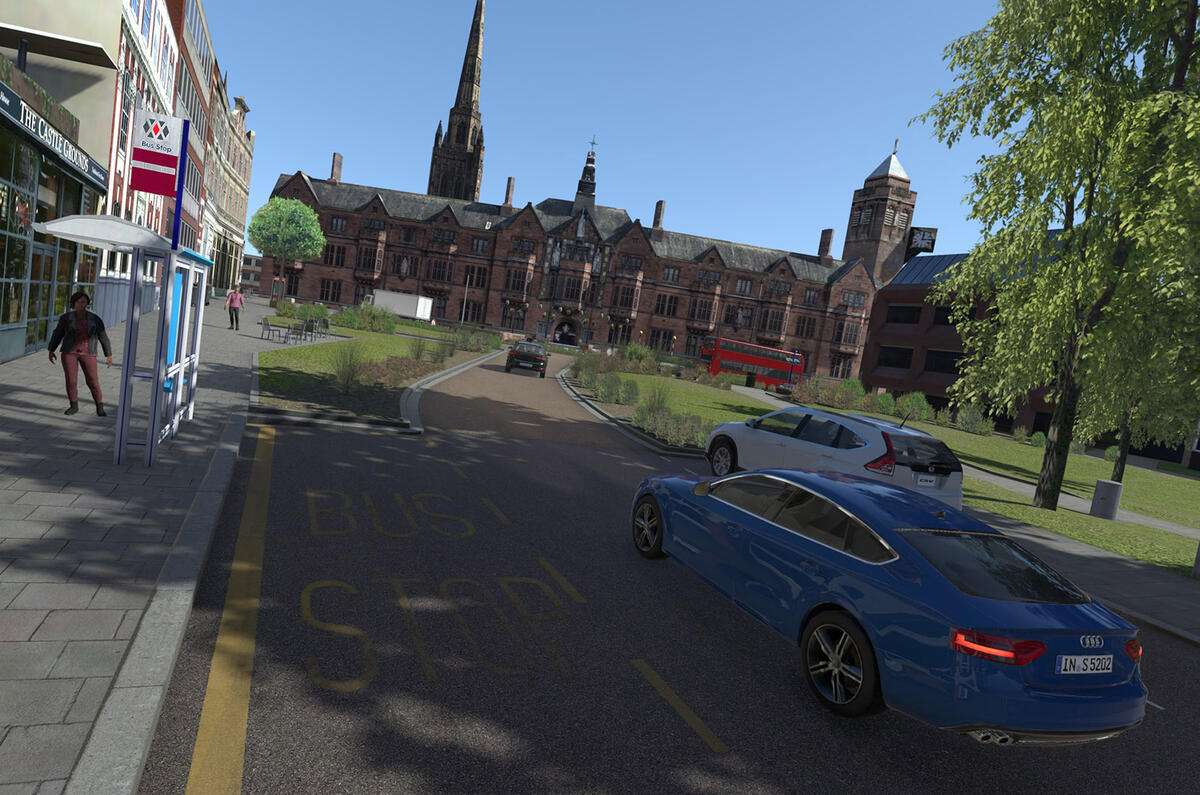
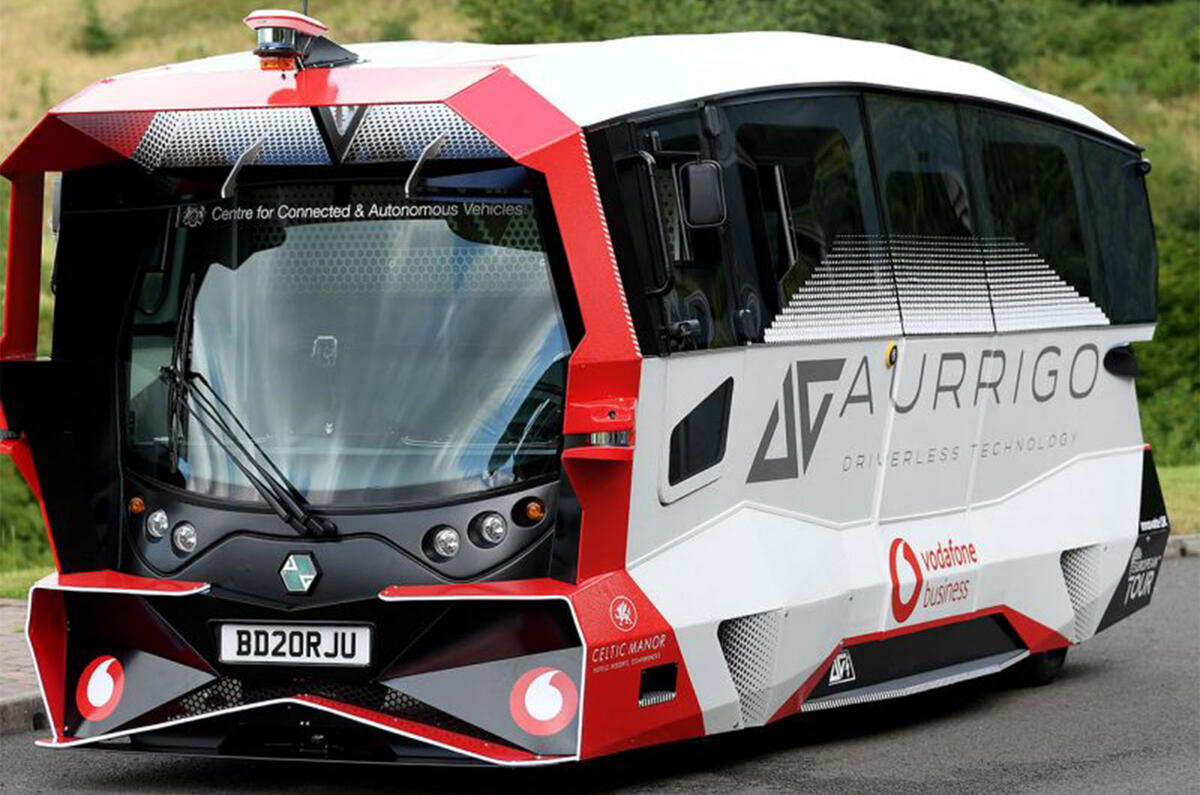
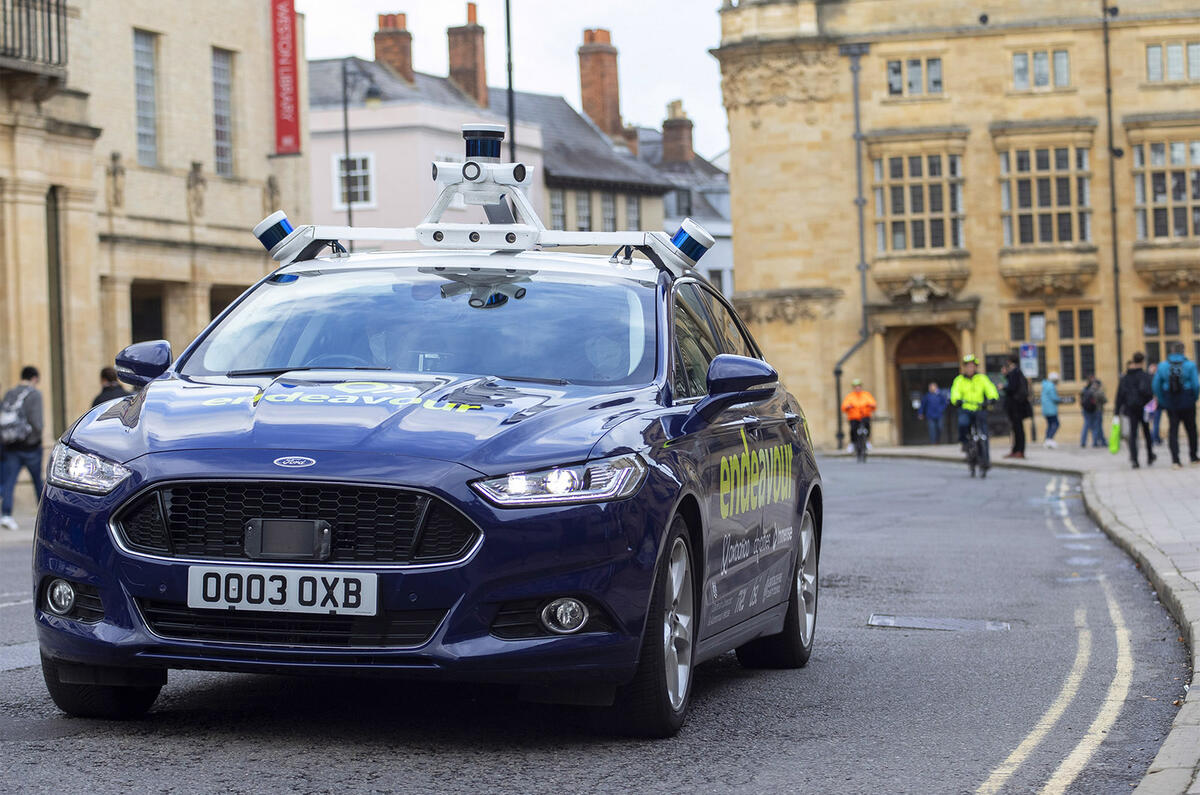

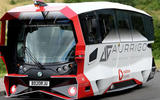


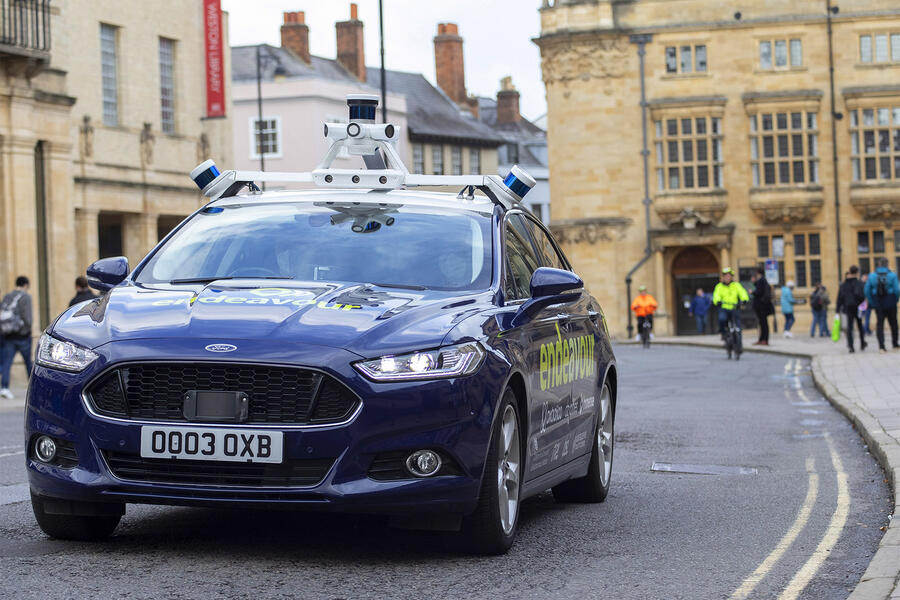





Add your comment